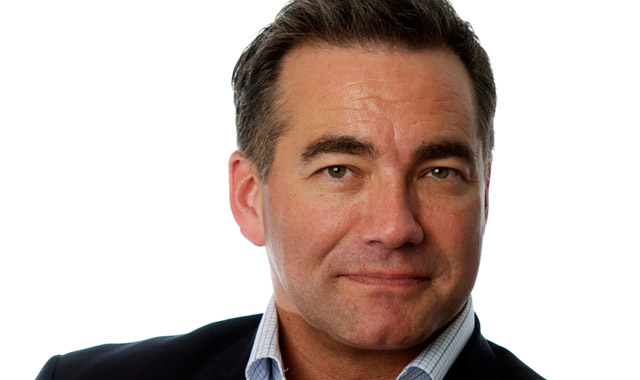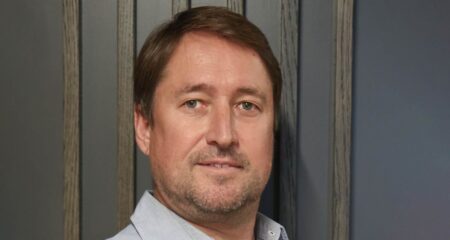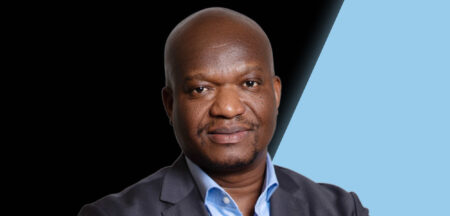
Seacom, the company that built the first subsea telecommunications cable along Africa’s east coast, has said it plans to make acquisitions that will give it direct access to metropolitan fibre infrastructure, including fibre-to-the-business networks.
It has already looked at targets as small as R10m, up to billions of rand, it revealed at a media conference in Johannesburg on Wednesday.
“We are backed by some big players, so you could say the war chest is unlimited,” Seacom CEO Byron Clatterbuck said in response to a question about the size of the deals the company is pursuing. But they mustn’t be too big to integrate effectively into Seacom, he said.
Seacom’s shareholders are South African businesses Remgro (30%), Sanlam (15%), Convergence Partners (15%), Kenya’s Aga Khan Foundation (30%) and founder Brian Herlihy (10%).
The acquisitions will be used to bolster Seacom’s fast-growing Seacom Business unit, which provides connectivity and related services to corporate customers, both directly and through partners.
Though the service provider market — telecommunications operators and ISPs — still constitutes by far the largest revenue source for Seacom, the business solutions division is growing quickly and has signed up more than a thousand customers since it was launched a year ago, said Clatterbuck.
He said the acquisitions will be in markets where Seacom already has operations. “They will augment what we do already. We want to get to larger enterprise customers and to look at those companies that might have metro networks or operate in certain geographies.”
To get to business customers, Seacom leases dark fibre from various providers. In some instances, it also trenches its own fibre, said Clatterbuck. He hinted that “last-mile” fibre into businesses is going to become a bigger focus for Seacom. “The last mile is the key value capture — everything else has become commoditised,” he said.
Seacom Business has grown to 25 staff (out of a total Seacom staff complement of 170). It sells both direct to business customers and through a network of 120 channel partners in South Africa and 10 in Kenya. It has offices in Johannesburg, Cape Town and Durban.
Grant Parker, who heads Seacom Business, said more and more sales will come through partners — from 60% today to between 70% and 100% within the next three years. He said that in the small and medium enterprise space, Seacom intends developing online channels to serve customers more efficiently. — © 2016 NewsCentral Media




